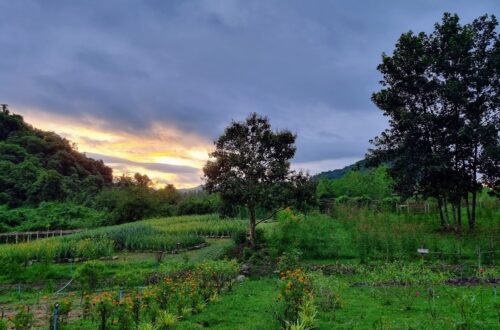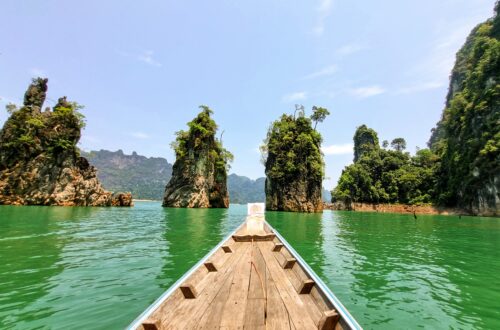
Hotels—what is your online identity?
The question of online identity sounds simple. Most hotels would put their hand up and respond by saying it is their hotel/brand website, of course.
Is the answer more complex than that?
Your identity
Is it your website?
Is it your property listing on OTAs?
Is it your FB profile?
Is it your IG profile?
Is it your Twitter profile?
Is it your TikTok profile?
Is it your Youtube channel?
Is it your app?
Is it your (Google/Apple/Bing) Maps listing?
Is it your Line app profile?
Is it your WeChat profile?
Is it your advertising and paid marketing?
It could be one of these or all of them. However, just as your personal identity differs from that of your parents, spouse, siblings, friends, acquaintances, and strangers, your online identity can mean different things to different audiences.
You do not treat your spouse the same way as an acquaintance. In the same way, your website holds a different value compared to your IG profile.
The first thing to understand is your level of control. Website is owned media. You have full control of what is on your website. It is possibly the most important tool for shaping your target guests' perceptions.
On OTAs, you do control images, videos, and written content to a degree. However, they are the ones in control of their brand and identity. You are more of a fulfillment partner for the rooms. You have little in the way of standing out. You are one of the numerous listings at your destination. Your price and reviews, apart from your business history with an OTA, are the ways you get noticed. You still need to go elsewhere to stand out as a brand or as a provider of unique experiences.
You have some level of control over your social media profiles and pages. You decide on images, videos, and messages you post on these channels. The audience is also keen to buy from you through these channels from time to time. However, giving you free traffic and allowing you to make free money from their platform does not gel well with their business model. Your reach keeps going down and it becomes a pay to play game.
When you get your head around the level of control you have over your guests’ expectations from a channel/platform, you are in greater control of your online identity and strategy.
So, the key takeaways from this analysis are
- Your website is at the center of your online identity. It deserves attention in terms of having a sophisticated Content Management System (CMS) to run it and all the free and paid marketing strategies to bring guests to it. (An app may augment this at some stage, but a hotel website will remain important for quite some time to come.)
- OTAs are great as a sales channel. The key is to get great reviews, build up sales momentum, and keep it going with optimal pricing.
- Your Maps listing and Business Profiles also help shape perception through images, updates, and reviews. You can tap into the revenue stream by tackling the metasearch piece here.
- Social media channels are great for prospecting, building, and engaging communities. The most important thing is to know when your free efforts need to be paired with paid ones.
- Advertising and performance marketing are key to communicating your brand and generating bookings. This is where you have the best control of messaging and audience targeting.
You can use the same thinking for any other online channel or platform that affects how people see your brand or how much money you make.
Put simply, as hotels, you should be absolutely clear about the level of control you have and the purpose for which your guests use that platform/channel.
Understanding the differences between each channel and how they can affect your revenue and brand will help you decide how much you should invest in them, as well as their costs and limitations. Once you've done that, you can maximize your presence on each one for the benefit of your property.
Join the conversation on LinkedIn





